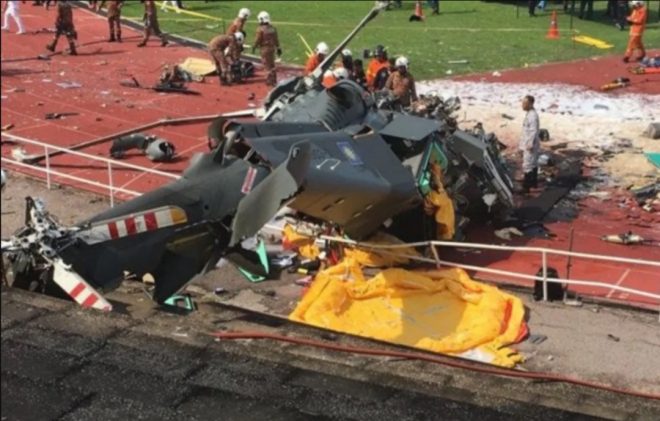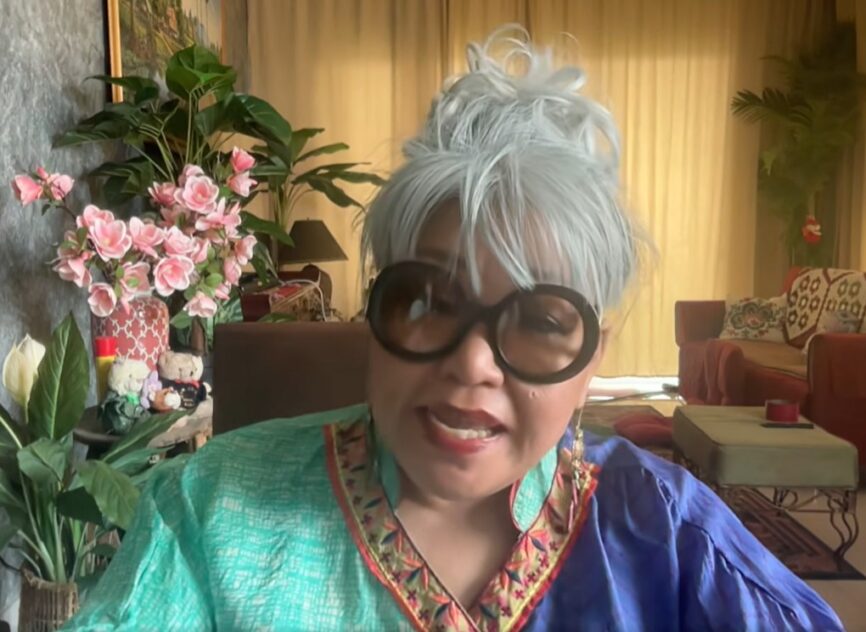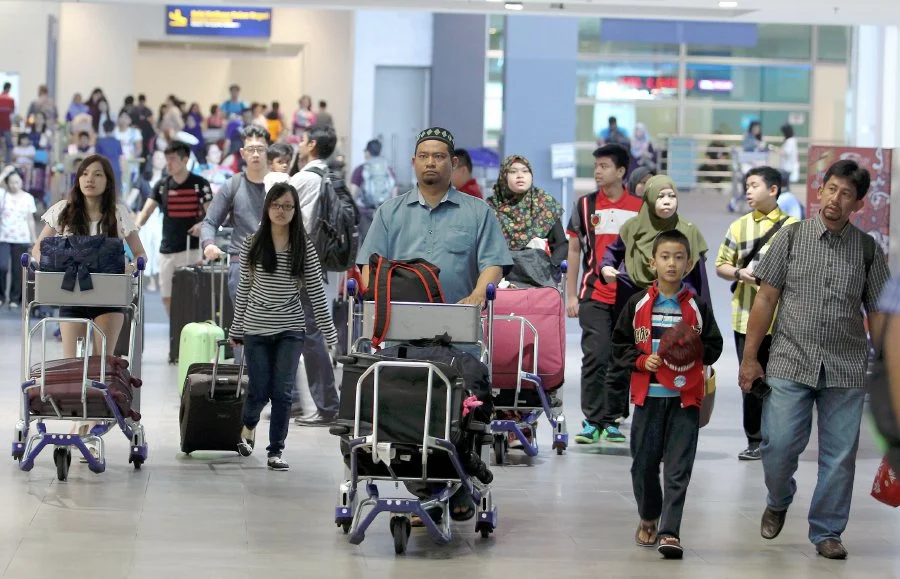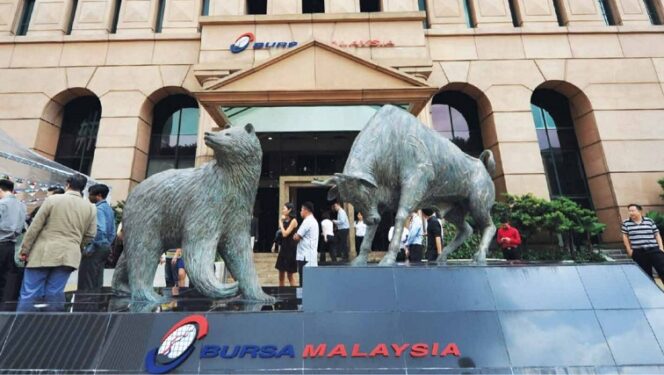THE Cambridge dictionary defines “hero” as “a person who is admired for having done something very brave or having achieved something great”.
Heroes play a crucial role in our lives by serving as sources of inspiration, aspiration and guidance. Often, we reserve the classification to those most deserving in order to ensure its prestige.
But are the 10 Navy personnel who died in the helicopter crash in Lumut recently “heroes” or the Malay equivalent of “wira”? Some think so.
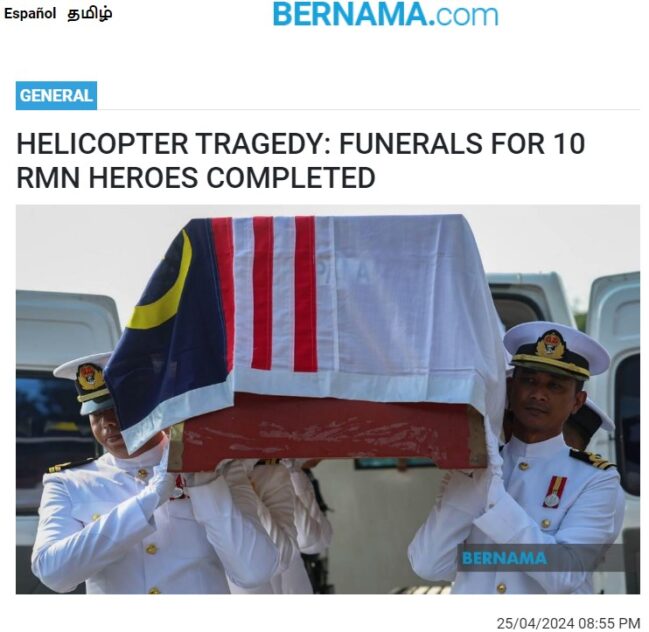
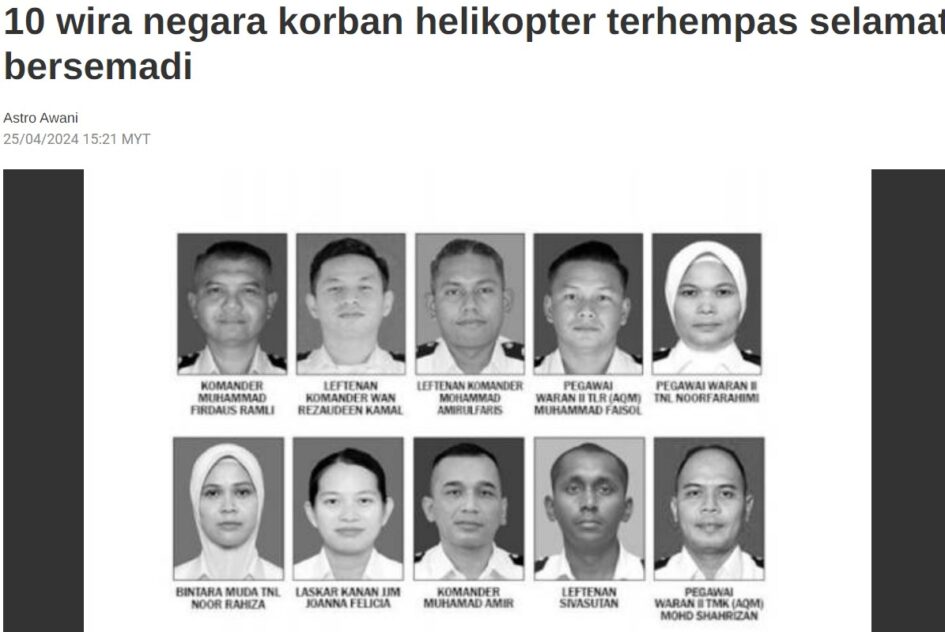
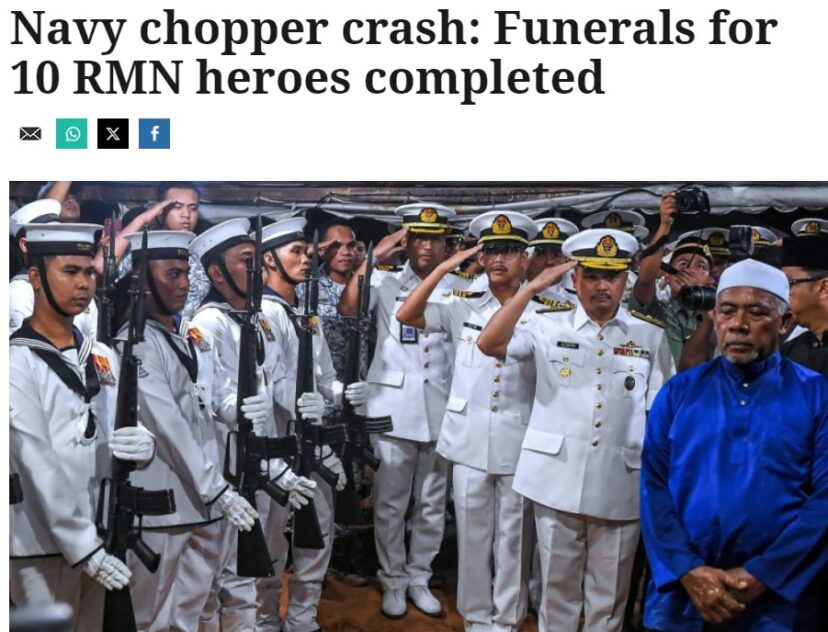
Sure, they died tragically in the air crash and unnecessarily so. These were fine men and women who chose a high-risk job in the defence of the country.
Nobody is questioning their sacrifice by signing up for a job where they can literally be at the firing line of live ammunition.
But are they necessarily “heroes”? If they were, what about the crew in the other helicopters not involved in the tragedy but took part in the rehearsal for the Royal Malaysian Navy’s 90th anniversary celebrations on that fateful day?
Didn’t the “survivors” go through a similar exercise as their deceased compatriots? Are the former less heroic because they were not involved in the mid-air mishap? Or if we were to deem them as “heroes” too, what about other participants of the rehearsal on the ground that day?
How about the tens of thousands of armed personnel patrolling our borders deep in the rainforests; those ensuring Malaysian waters are safe and those patrolling our skies? Do we consider all of them as “heroes” as well?
Is there a rule of thumb on how many heroes per capita a country should have before the term becomes diluted?
Should we instead describe the deceased 10 as “victims”? They regrettably perished in the line of duty — something that should happen to no one, military or otherwise. The government ought to, and has, extended aid and support to their next-of-kin.
By no means should we belittle the tragic deaths of the 10 Navy personnel nor downplay their commitment to serve Yang di-Pertuan Agong (YDPA) and country.
So, who can we unequivocally call “heroes”? The classification can perhaps go to the brave armed personnel who came to the defence of the country when militia from southern Philippines mounted an incursion in Lahad Datu, Sabah in 2013.
Or perhaps to those who risked lives and limbs during the Sauk siege in Perak in 2000 by the Al-Ma’unah.
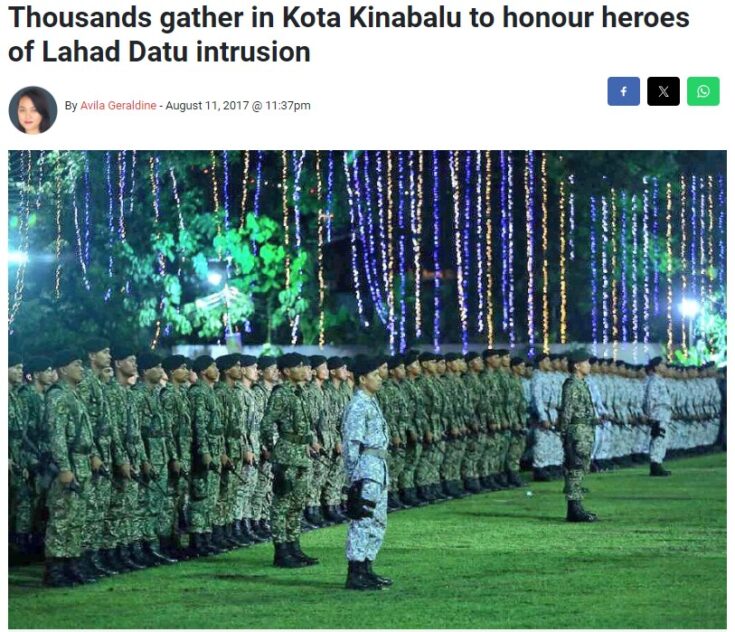
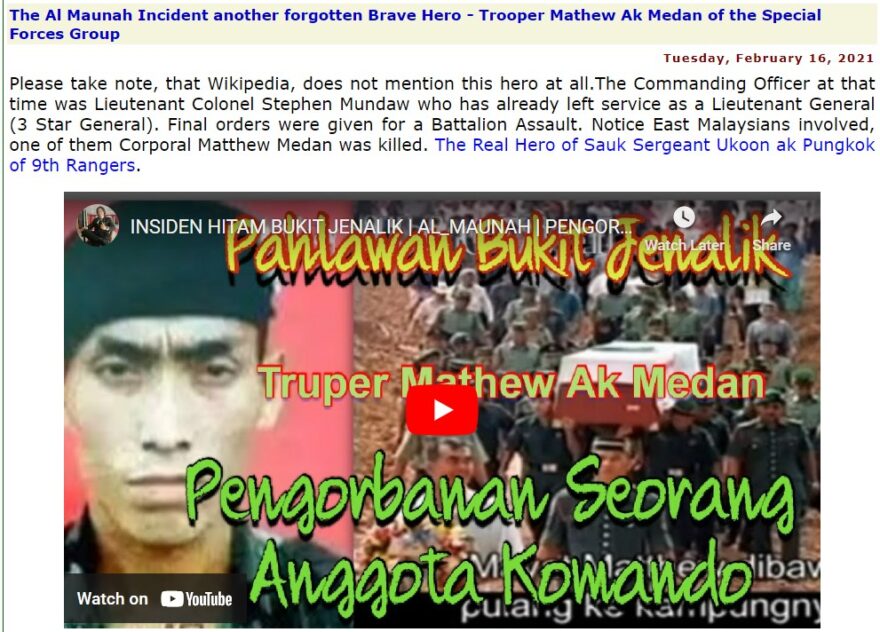
But “heroes” need not necessarily be from the military. They can be those who exposed the shenanigans of the 1MDB (1Malaysia Development Bhd) scandal; key medical frontliners during the COVID-19 pandemic or the unsung ones such as those who feed the strays daily. Or they can be our parents or teachers.
So, why the fuss over who gets to be called “heroes” and who doesn’t? What is the point of this polemic on terminologies?
The point is we should constantly remind ourselves of who are the heroes in our midst instead of accepting lock, stock and barrel ideas others try to shove down our throats.
Let’s not fall into the trap of labelling as “heroes” those who wear designer suits walking the corridors of power on account of their sweet talk.
Or those who don religious garbs spewing holy scriptures or industry “disruptors” claiming to be the next Steve Jobs. We need to be more discerning and critical because many of the above can, in fact, be villains in disguise. – April 27, 2024


